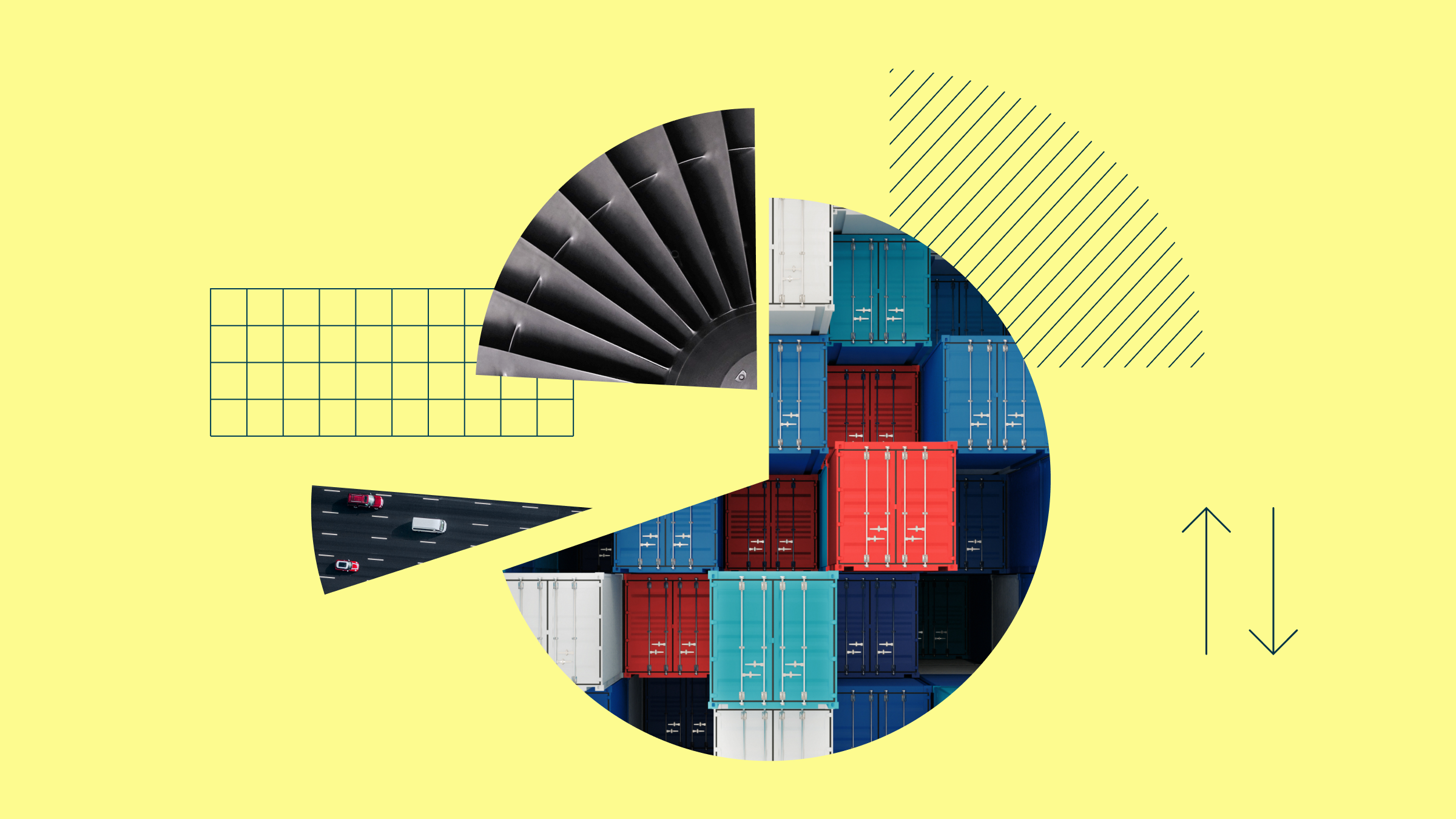Economic predictions are rarely accurate. Professional economists have a track record with predictions that would embarrass a coin flipper. They consistently fail to predict recessions, market crashes or the direction of interest rates.
Even if you make an accurate economic prediction, you still have to consider how other investors will be positioned for the outcome. This adds a second layer of complexity, making successful investing based on predictions almost impossible. Investors who try to make money with economic forecasts tend to underperform simple buy-and-hold strategies.
Is a weak dollar bad for South African investors?
Investors with money overseas worry that a weak dollar will harm their investments. This concern is misplaced and oversimplified. The impact of a weak dollar on your investments will depend on the spread of your overseas investments. If you are only invested in US companies, you have a legitimate concern about currency exposure. This is why you should not be too concentrated in one country or currency.
A weaker dollar is not entirely bad news for large American multinational companies that earn money in dozens of different currencies worldwide. A weak dollar makes their overseas earnings more valuable when converted back to dollars, boosting their reported profits and share prices.
In addition, lower corporate tax rates in the US and reduced interest rates will stimulate higher profits and improved share prices, counteracting some of the effects of currency weakness. Companies adapt to changing economic conditions; they will not continue operating in the same way if their environment has shifted.
The lesson here involves diversification. South African investors who have diversified globally across multiple currencies and regions are hedged against any single currency’s movements. It is ideal to have exposure to many different economies rather than betting everything on one country or currency.
What to do with your investments
Ensure you have a well-balanced portfolio across various countries and sectors. This translates to geographic diversification so that you are invested in places with different economic cycles, political systems and currency fluctuations.
Avoid sectors or shares that are very expensive relative to their historical valuations.
Don’t chase high-flying shares like Nvidia after they’ve doubled in price over recent years. Artificial intelligence and technology are exciting themes, but much of the growth is already reflected in current share prices. These expensive stocks have more potential to fall in the next five years than to continue rising.
Look for countries and sectors that offer good value relative to their long-term prospects. Unpredictable political and economic events create opportunities to buy great assets at temporarily low prices.
Buy a mix of global index funds and diversified unit trusts. These offer immediate diversification across thousands of companies in many countries.
Spread your investments over time through regular monthly contributions instead of investing lump sums all at once. This cost-averaging method helps you avoid putting all your money into the market at peaks.
The bottom line
Political and economic changes are constant features of investing. History shows us that businesses adjust to new regulations, find ways around tariffs and capitalise on changing economic conditions.
Stay calm and continue investing. Allow companies sufficient time to adjust to new political realities rather than reacting impulsively to every policy announcement.
Time in the market outweighs timing the market. This is particularly true when navigating the unpredictable intersection of politics and economics.
Consistent investing over long periods produces better results than trying to jump in and out of markets based on political headlines.
The key is to remain diversified, avoid expensive assets and maintain your long-term perspective. Political noise is temporary. Good businesses and diversified portfolios endure. DM
Warren Ingram is a certified financial planner® at Galileo Capital. Contact him at ask@galileocapital.co.za
This story first appeared in our weekly Daily Maverick 168 newspaper, which is available countrywide for R35.





 Illustration: Morningstar
Illustration: Morningstar